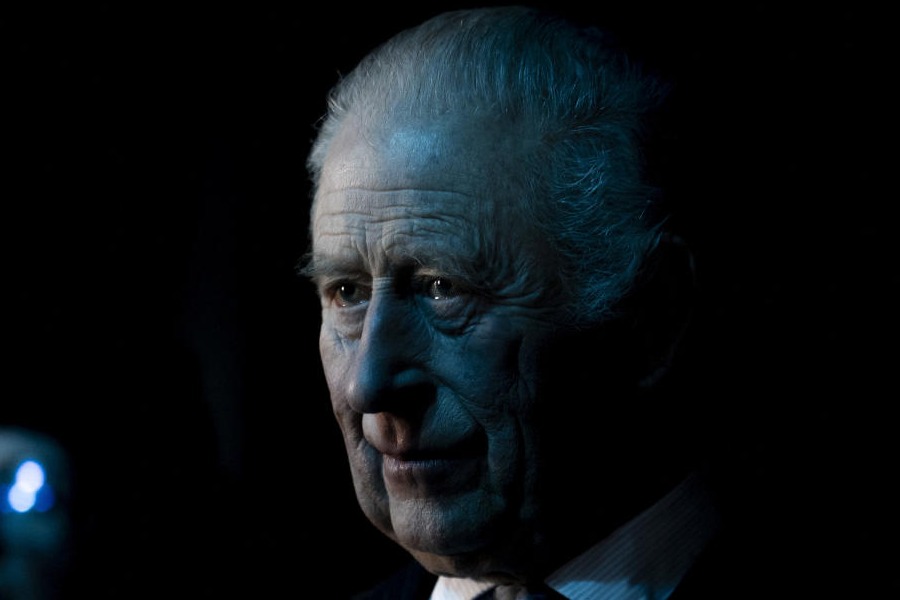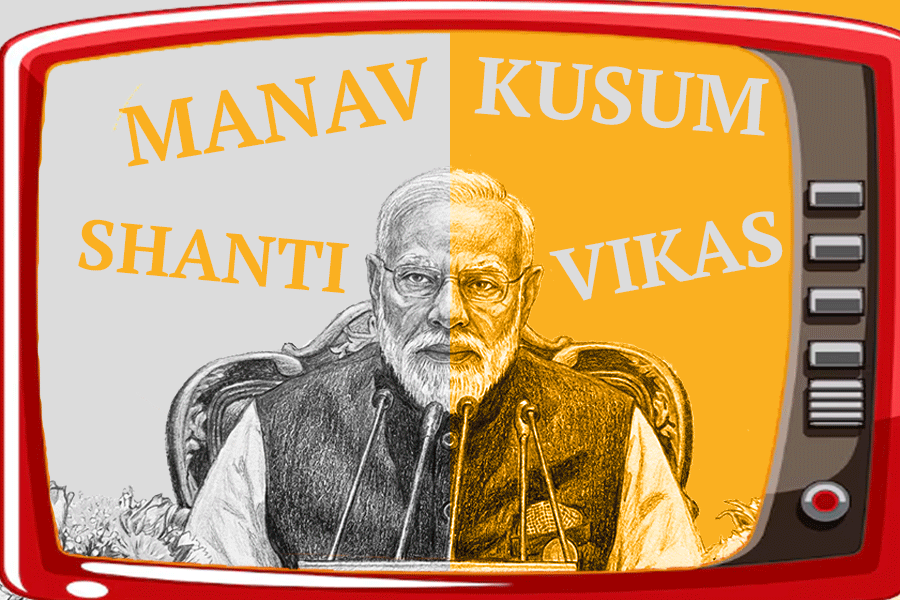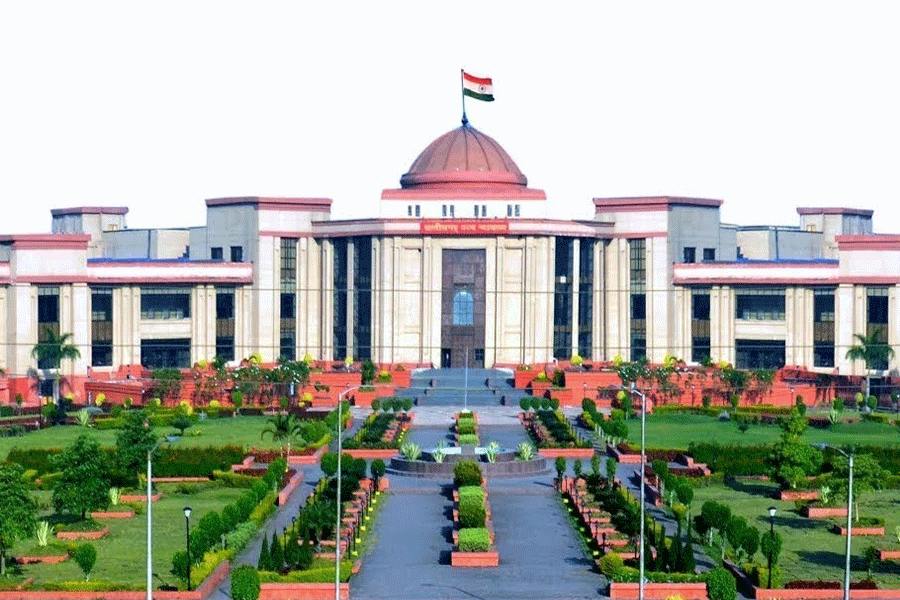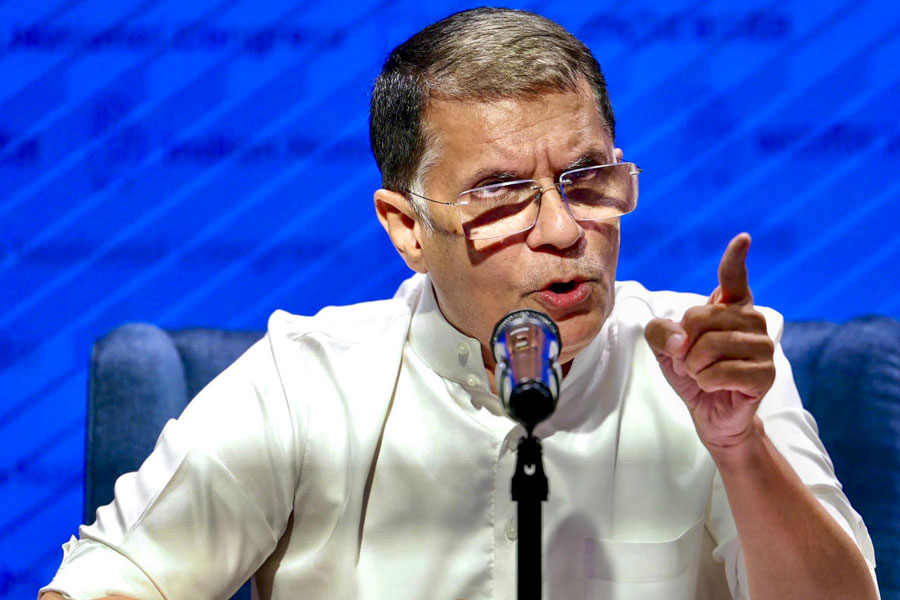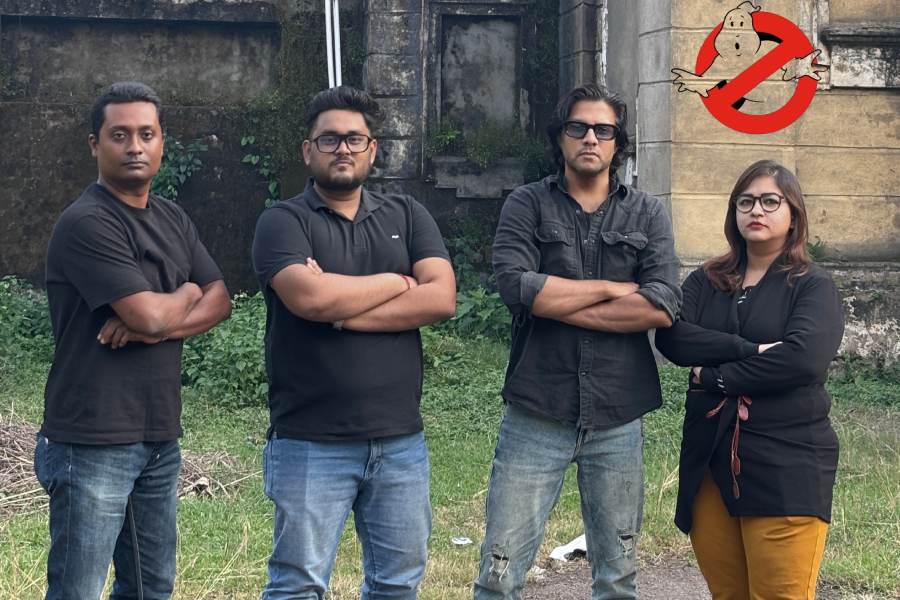 |
| Nessen being felicitated at Guwahati Press Club on Thursday. Picture by UB Photos |
Guwahati, March 10: William Nessen lived ? and almost died ? for the cause of Aceh?s struggle for independence from Indonesia, testimony to which is his award-winning film The Black Road.
On his first visit to the Northeast, an admittedly ?inspired? Nessen said his future project could be based on the ?stories of the struggles of the people of the region?.
The UK-based filmmaker?s area of interest is not just conflicts or struggles. ?All important events concerning the region need to be documented through films,? he said.
Nessen is also one for looking at and telling a story from all perspectives. He believes that any attempt to tell a true story about conflict or struggle should be first and foremost a balanced one, taking into account the views all the parties involved in it.
The Black Road was screened for a select audience in Guwahati yesterday.
?I must say the region is full of inspiring stories of the struggles of people,? Nessen said. ?However, I am quite new to the entire atmosphere here and would suggest that local filmmakers highlight issues concerning the region.?
He said it was sad to hear several filmmakers from the region complain that they were unable to come up with ?honest and true films? for want of funds. ?Talent is very much there but nothing worth it is coming out of the region due to lack of funds. In the West, government agencies fund documentary films that require huge funds as they are made over a long duration of time.?
Nessen?s debut venture was shot over a period of four years (2001-2005) and won the Best Film award at the 9th Mumbai International Film Festival recently.
The 52-minute film, shot with a digital beta camera, was also written and shot by Nessen.
The filmmaker first visited Aceh to report on the Gerakan Acheh Merdeka, or the Free Acheh Movement, initiated by the Aceh National Liberation Front. He became friends with Indonesian generals in the province and moved about with these men before marrying a local ?fixer? (spy) trusted by the military.
It was the death of his best friend, a human rights activist, which forced Nessen to become a part of the movement. He spent many months on the frontline with the guerrillas and was almost killed by the Indonesian military. He eventually escaped with a jail sentence.
Recalling those days, Nessen said he found it hard to remain a mere observer in the face of ?a massive human struggle against tyranny and gross human rights violations?.
?It was during that time that I thought of showing the true story to the world through a film,? he added.
An alumnus of the Colombia University Graduate School of Journalism, Nessen is also an award-winning print journalist and photographer.


